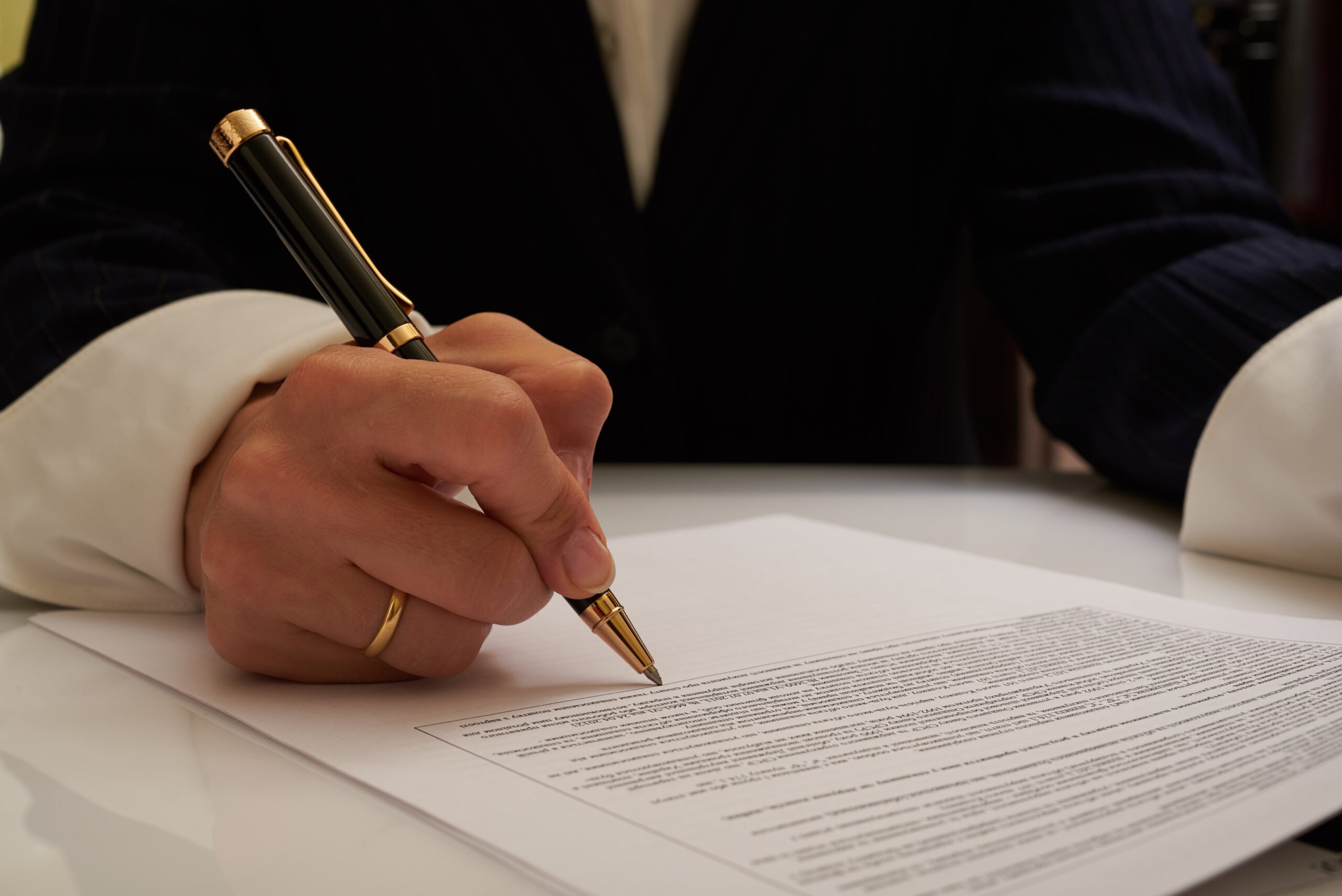Whistleblower lawyers often find themselves in the shadows, working tirelessly behind the scenes to protect those who expose corporate wrongdoing and government misconduct. While their role is crucial in upholding transparency and accountability, these attorneys are frequently misunderstood and face numerous misconceptions.
The Unsung Heroes
Whistleblower lawyers play a pivotal role in our society by representing individuals who come forward to report illegal activities within organizations or government entities. They act as legal advocates for whistleblowers, guiding them through the complex process of disclosing wrongdoing and seeking legal protection. Their work is instrumental in holding powerful institutions accountable and ensuring that justice prevails.
Common Misconceptions
1. Profiteering from Whistleblowing: One of the most persistent misconceptions about whistleblower lawyers is that they encourage whistleblowers to come forward solely for financial gain. While it is true that whistleblowers can receive a portion of any recovered funds in some cases, it is a mischaracterization to suggest that lawyers are motivated primarily by monetary incentives. A whistleblower lawyer may often take on these cases because they are passionate about justice and believe in the importance of exposing corruption.
2. Promoting Disloyalty: Some argue that whistleblower lawyers encourage disloyalty within organizations by encouraging employees to report their colleagues or superiors. In reality, these attorneys promote ethical behavior and adherence to the law. Whistleblowers typically approach lawyers when they witness serious wrongdoing that goes unaddressed internally, often as a last resort after trying to rectify the situation through internal channels.
3. Eroding Corporate Trust: Critics claim that whistleblower lawyers damage trust within organizations by creating a culture of suspicion and fear. However, these lawyers aim to protect whistleblowers from retaliation, ensuring they can report wrongdoing without fearing for their livelihoods. Ultimately, a culture of transparency and accountability can strengthen trust within an organization over time.
4. Frivolous Lawsuits: Another misconception is that whistleblower lawyers file frivolous lawsuits against organizations or individuals without sufficient evidence. In reality, lawyers are bound by ethical guidelines and are required to thoroughly investigate claims before pursuing legal action. Frivolous cases are the exception rather than the norm.
The Ethical Imperative
Whistleblower lawyers are driven by a strong ethical imperative. They recognize the importance of exposing illegal activities that can harm individuals, communities, and society at large. These attorneys often face significant challenges, including personal and professional risks, to champion the cause of justice. Their commitment to upholding the law and protecting whistleblowers is a testament to their dedication to the greater good.
Protecting Whistleblowers
One of the primary roles of whistleblower lawyers is to protect their clients from retaliation. Whistleblowers are vulnerable to adverse actions such as job loss, harassment, or blacklisting, making legal representation essential. Lawyers help whistleblowers navigate the legal framework, including statutes like the False Claims Act, Dodd-Frank Act, and Sarbanes-Oxley Act, which provide protections and incentives for whistleblowers.
Navigating Legal Complexities
Whistleblower cases can be exceedingly complex, involving intricate legal procedures and regulations. Lawyers like those at Eric Siegel Law are essential in guiding whistleblowers through these complexities, from filing a complaint to preparing for potential litigation. Their expertise ensures that whistleblowers have the best chance of success in their legal endeavors.
Promoting Accountability
Whistleblower lawyers are essential in promoting accountability within organizations and government agencies. By representing those who come forward with information about corruption, fraud, or other misconduct, they help expose and rectify these issues. This, in turn, deters future wrongdoing and contributes to a more transparent and accountable society.
Whistleblower lawyers are the unsung heroes of our justice system, working tirelessly to protect those who expose wrongdoing and ensuring accountability in both public and private sectors. While they face misconceptions and criticism, their role in upholding ethical standards and the rule of law is invaluable. It is essential to recognize and appreciate their vital contributions to a just and transparent society. Whistleblower lawyers are not opportunistic profiteers; they are ethical advocates for justice, working to ensure that the truth prevails and wrongdoing is exposed.

